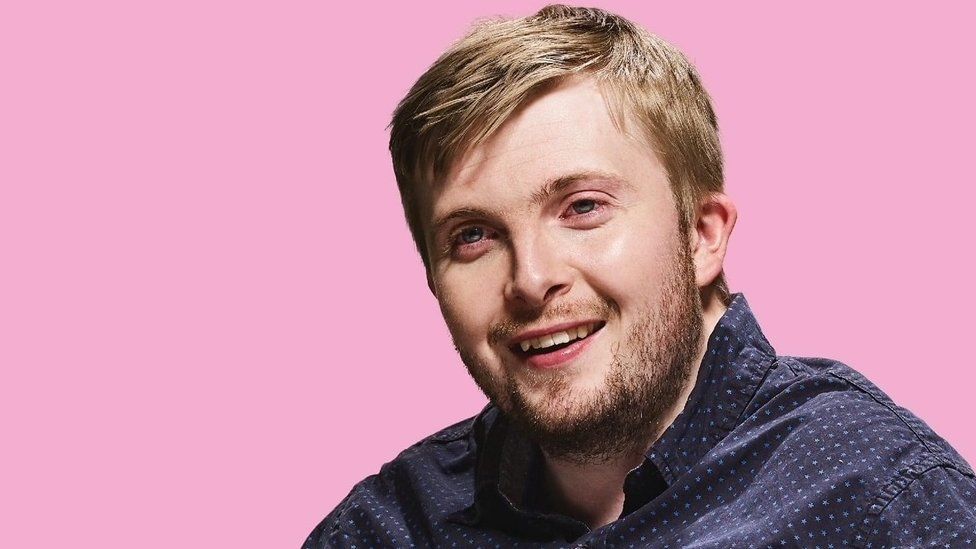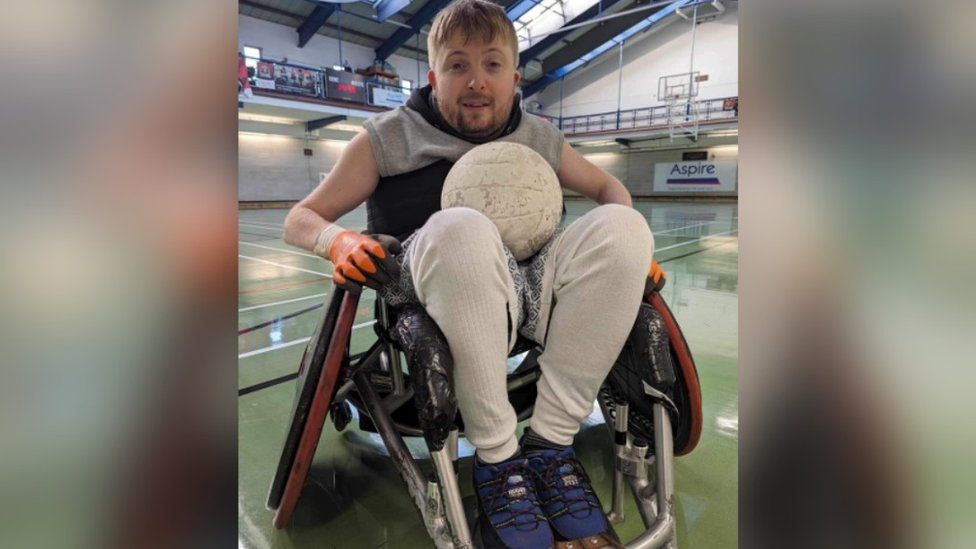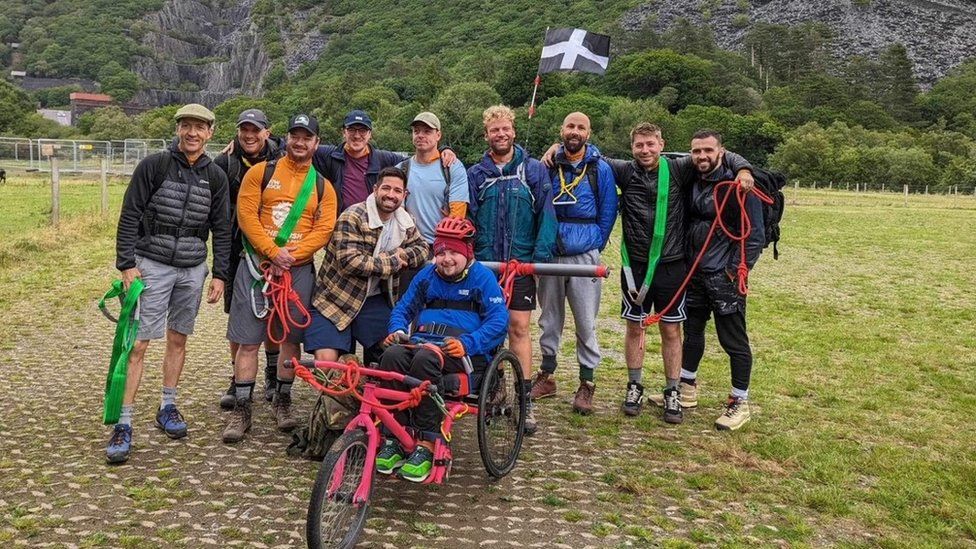
A man who broke his neck playing rugby aged 17 hopes to become the first spinal injury complete tetraplegic to scale Mount Kilimanjaro.
Max Levene said he was having "the best game of my life", when a tackle at a school match changed everything.
He has no movement or feeling from the chest down and limited arm movement, but the University of East Anglia (UEA) graduate, now 31, has big ambitions.
He hopes to scale Africa's highest peak with the help of friends in September.
"In the summer of 2009 while staying in Kenya with my military parents, who were working there at the time, I first saw the majestic Mount Kilimanjaro across the Tanzanian border," Mr Levene said.
"Aged 17, I decided that one day I would climb the mountain.
"Little did I know that a few months later I would never walk again. Kenya would also be the last place my parents ever saw me take a step."

The rugby game at school in Truro, Cornwall, seemed to put an end to his dream.
"I'd been having the best game of my life that day," he recalled.
"We were winning, and I remember saying to my friends that I felt like I was really on it."
A tackle towards the end of the game left him paralysed, resulting in complete tetraplegia - paralysis in all four limbs.
Mr Levene later went on to study business economics and earn a master's degree in development economics at the UEA in Norwich, and after graduating took up a post as an economist in London with the civil service.
But, the dream of climbing the mountain never quite went away.
"I assumed that I'd never be able to do anything like that for the rest of my life," said Mr Levene.
"But now, 13 years on, I have realised I should complete the mission, even if the challenge is now far greater."
The aim of the challenge is to raise money "for two really excellent charities" - the Rugby Football Union Injured Players Foundation and the Inspire Foundation charity which funds to address independence and quality of life after spinal cord injury.
He began planning the logistics of the trip last July and started training in September.
A personal trainer has helped him lose weight and build muscle, he said.
He will be accompanied by a team of eight friends and sponsors.

Mr Levene is fundraising for the specialist equipment - including a new chair - to help him reach the summit, but everything else is being self-funded by those on the trip - including the flights, hiring porters and associated costs of embarking on such a challenge.
The aim is to "raise as much money as possible for these charities".
"I think it will probably be about an eight-day round trip, because we want it to be achievable," he said.
"I want to spread awareness that people with disabilities - any disabilities - can achieve great things.
"Yes, people need additional support, and we should have that support, but, with it, we can go on to succeed.
